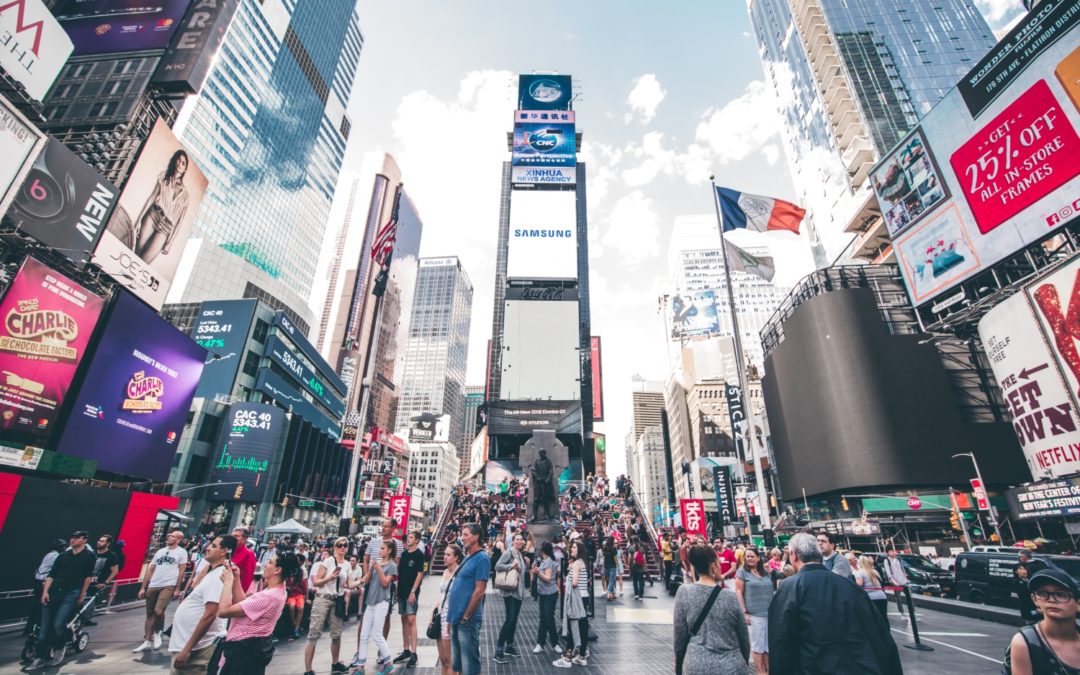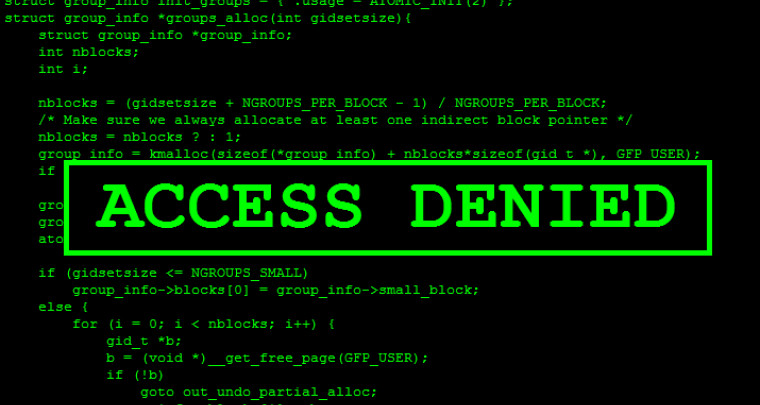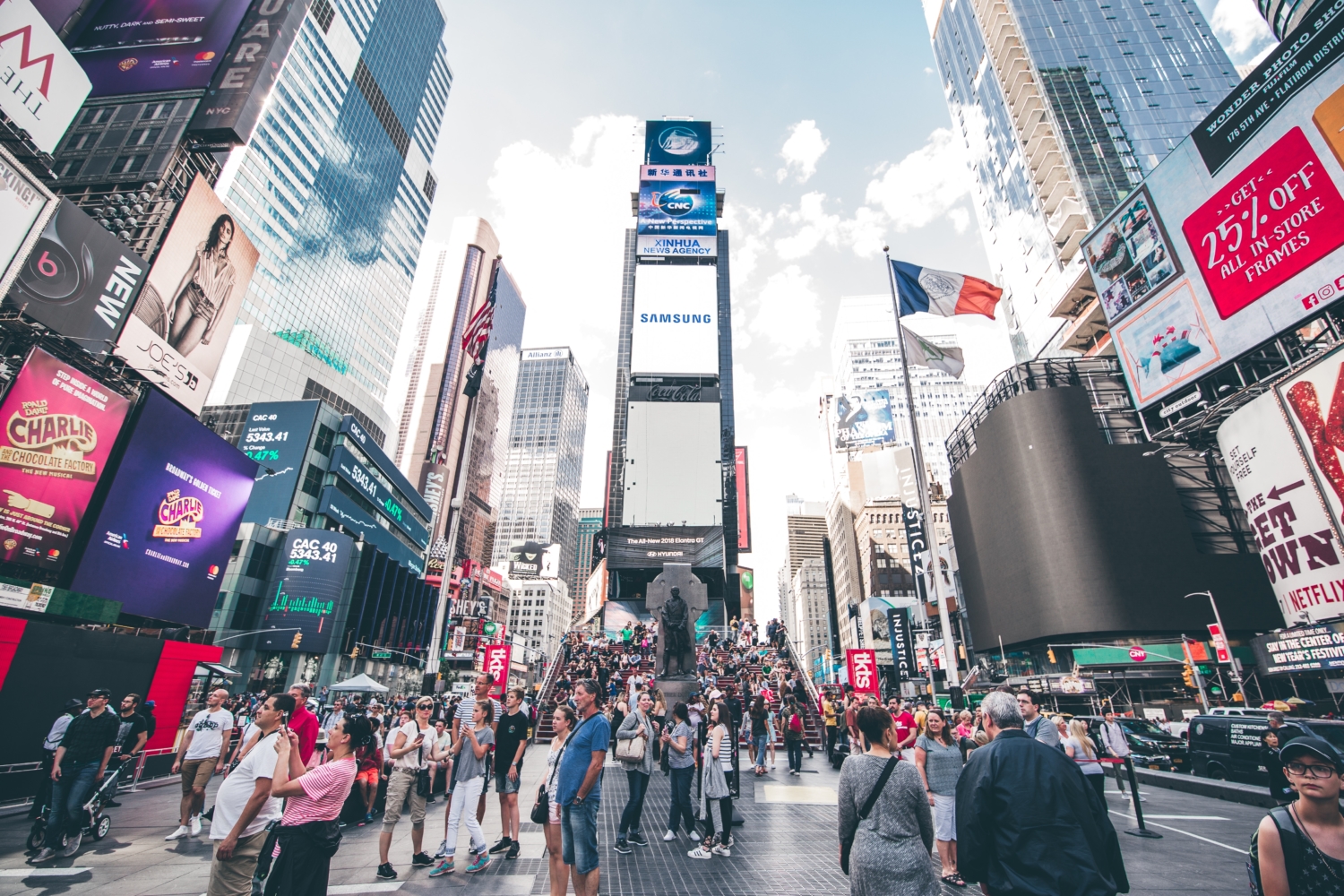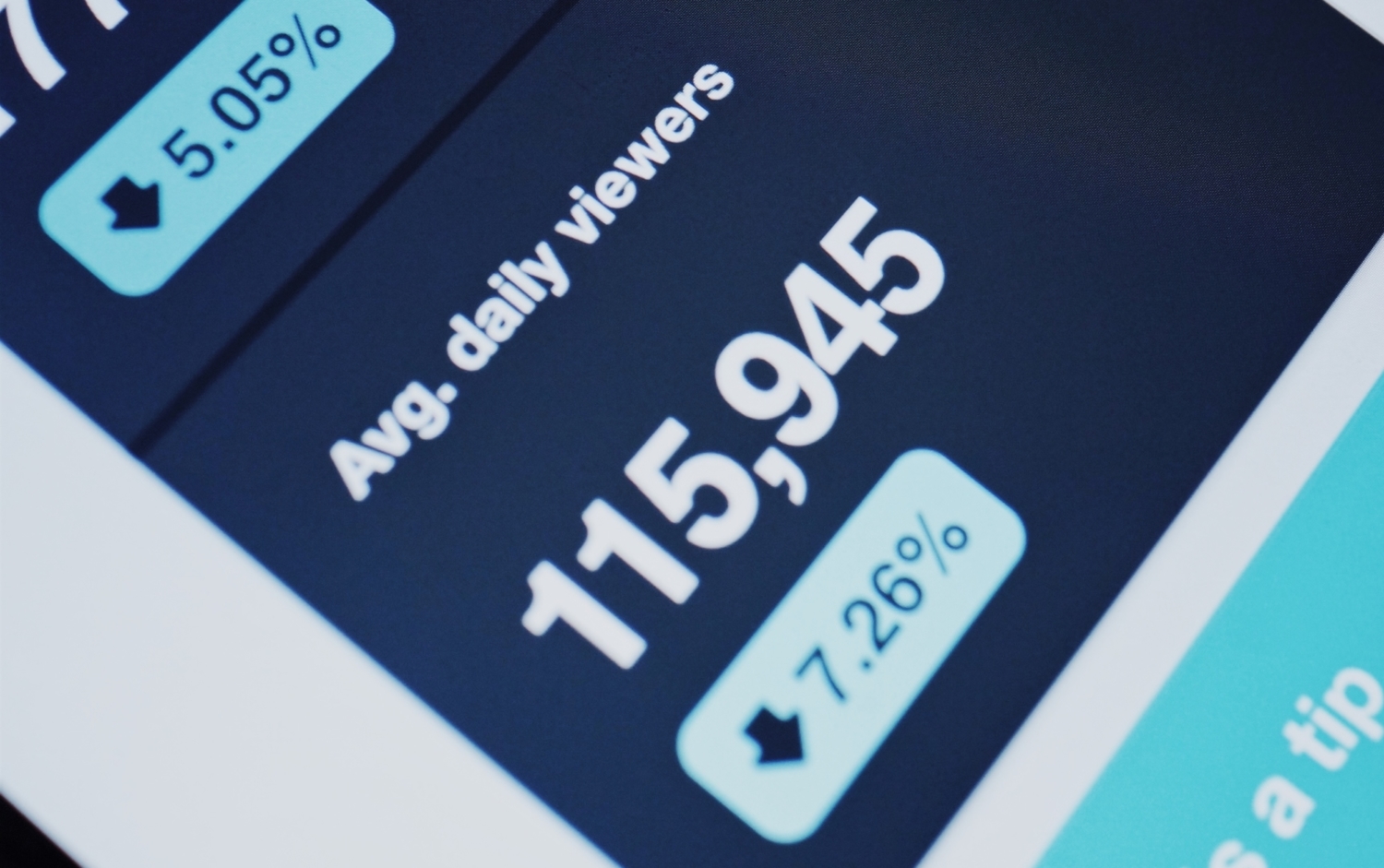
What the Net Neutrality Repeal Means for Advertising
If you’re reading this, you understand what’s coming. The Net Neutrality repeal holds the potential to be the biggest disruption to business in the past century, if not history. In a world where companies rely on digital advertising, agencies and eCommerce, the difference between life and death of brands may hinge on the whim of the world’s largest telecoms. Here’s why you need to worry.
Jump Ahead to Implications for:
• Everyone • Advertising • Freemium & Social Marketing • eCommerce • American Business
–OR–
Take Action Against the Net Neutrality Repeal Now
Net Neutrality & Its Impact on the World

Up to this point, a free and open internet devoid of “fast-lanes” and “slow-lanes” created a boom in business that revolutionized the way we live. In line with Moore’s law and Ray Kurzweil’s Law of Accelerating Returns, this past century experienced exponential growth of technological development, due in no small part to the democratization of the web. Tim Berners-Lee’s creation of the “world-wide-web” in 1991 scarcely resembles the monolithic utility that is our modern Internet, only a mere 26 years later. In that same 26 years, we went from computers the size of microwaves to computers that fit in our hands.
Much has changed.
Companies who invested in the Dotcom boom flourished, bringing rise to unfathomable industrial power on a global scale; birthing magnates like Jobs, Bezos, Murdoch, Musk, and eventually, Zuckerberg. The latest Internet revolution, social media (starting with email), democratized global communication thanks to AOL, Facebook, Twitter and Yelp. These advancements further facilitated burgeoning startups like Uber, AirBnB and DropBox; companies who owe the sum of their successes to the Internet’s level playing-field.
Today, a single blogger has the same opportunity to get a million comments on a post as Walmart does. A mom and pop online store has the same chance of winning over customers as Amazon. Time, resources and budget notwithstanding, the Internet provides a fair medium for all business to compete, and we owe the state of our world to this universal marketplace of ideas.
Repeal Implications for Everyone

By repealing Net Neutrality, the Federal Communications Commission (FCC) reclassifies the internet as a public good rather than a utility, removing strong Net Neutrality rules and protections under title ii that bar service interference from companies like Verizon and Comcast. In doing so, the FCC now allows internet service providers (ISPs) to block, throttle or slow Internet speeds if they so choose. The implications are such that broadband providers and cable companies can now charge businesses and citizens considerable premiums for access. Want to watch Youtube? Netflix? CNN? Now you may have to pay. Want to visit the Library of Congress website or use Slack? Please pay. Want to serve ads on any of these channels? Better get a bigger budget because they might not load…
“Repealing net neutrality will definitely have winners and losers. The winners will obviously be the large telecom companies who will have more control over their networks and profitability. The biggest losers will be small businesses. We may end up in a scenario where the most popular content is dictated by the telecom companies and biggest players, similar to the way cable TV and cable content has been run for many years. We may very well end up being robbed of the diversity of the Internet, since only the large companies will be able to play this game.” — Adam Morris, Redstage CEO
Yes. The United States government just made this decision for the entire world. Since these telecom giants are global, these rules will impact companies of all sizes, both domestic and abroad, across the planet (should the common fears of the repeal be realized).
This kind of pay-to-play environment begs the question, “Will this be the end of the startup age?” If companies can’t afford to enter the market, they can’t make sales. With this massive barrier now placed on all businesses, can we expect investors to willingly throw money into new companies anymore? What happens when consumers can’t access their favorite sites for free?
What the Repeal Means for Advertising
Take a look at this picture. This is Times Square in New York city. If you’ve ever visited, you’ve probably been taken aback by the massive screens and billboards with flashing advertisements on every surface. In many ways, Times Square is like the Internet. It’s a place millions visit every day, that just about anyone is allowed to view. Companies pay to have their ads shown to masses who pass by. Businesses both big and small set up shop down different avenues nearby. All of them hoping to make sales from their chunk of the traffic.
If you look closer, however, you’ll notice several of the larger screens and billboards are blank. An uncommon occurrence for Times Square. However, with the title ii protections removed, it’s likely there will be fewer ads than ever before.
“On the most basic level, brands will end up paying more to have their content/ads published online. If Internet Service Providers like Comcast and Verizon begin to charge website “tolls” for being able to deliver the websites’ experience, those costs will ultimately be passed onto brands through increased cost-per-thousand (CPM). Brands with any type of content—from video to games, to microsites — could be required to provide payments to ISPs to enable the quick access to their content. With increased CPMs comes lower ROI, which leads to shrunken budgets, over time.” —MediaPost
It doesn’t stop there…
Companies wishing to display ads on certain channels may now be forced to enter deals with multiple ISPs depending on where they want their ads. As MediaPost notes, marketers may face increased costs where ISPs inhibit ad placement in a scenario “in which, say Verizon has a stake in news sites like CNN.com (but not Fox News).”
Moreover, the companies who serve branded ads like Google, Facebook and Twitter could face considerable damage, as these advertising companies may have to pay a premium to ensure the ads hosted on their channels actually load. Without this, ad companies won’t be able to gauge whether their ads were actually viewed or not, resulting in a lack of insight for the companies who pay them… You can see how the cycle breaks down… Businesses will suffer on all sides.
Say Goodbye to “Freemium” & Social Marketing
This goes without saying. You can’t offer a free-trial of a product online if someone has to pay for it. If the marketer has to pay, the company loses money. If the customer has to pay, it’s not a free-trial. Similarly, social media will no longer offer an advantage as a “free” avenue for marketers.
Millions of consumers aimlessly scroll through Facebook, Twitter and Instagram every day. As a staple of many e-tailers, especially smaller ones, unpaid social strategies allow brands to attract large swaths of customers across various demographics. This is especially true in the age of customer advocacy, when word-of-mouth customer recommendations are the leading drivers of online store sales. Once consumers and companies have to pay for access to social media sites, the benefits of unpaid social campaigns are removed. With many growing bored of Facebook and Instagram, users aren’t likely to stay… so what happens to the PPC channel these sites offer?
Let’s observe the following waterfall effect: With less social interaction from less users, less companies will invest in social. Brands that opt-out of social will lose their market share from social, resulting in less sales. This will leave only the CocaCola’s of the world to pick up social stragglers. If social media sites crumble as a result of all this, the PPC avenues brands use today will go with them. Since pay-per-click ads generally have a massive impact on business, what option will eCommerce companies have to advertise? And finally, how high will CPC get once hundreds of companies are competing for the same keyword on Google Adwords? Assuming Google can afford to continually index trillions of pages, as well as provide fast access for searches.
eCommerce Will Undoubtedly Suffer
If the dystopian vision of post-Net Neutrality plays out, there’s essentially two ways the eCommerce situation can unravel:
Scenario 1: Stores must pay ISPs to give all visitors speedy access to their site.
This means these stores will be paying ISPs to enhance customer experiences or face severe consequences for their bottom line. As SpeedCommerce describes it,
“…study after study shows that page load time is one of the most important factors in eCommerce conversion rates. If you’re a huge monolithic company like Amazon or Walmart, you’ll end up being forced to pay for the “fast lane” version of the internet to ensure that your customers have the uber-fast online shopping experience that they’re used to (and you want). However, smaller online retailers won’t be able to afford this premium, and thus their customers will be relegated to the “slow lane”: slower page load times, which could be enough to convince their customers to shop where the the experience is faster. —SpeedCommerce
What’s the alternative?
Scenario 2: The customer will have to buy a “Shopping Package” from an ISP in order to access your online store.
Imagine having to pay just to access Amazon.com. Shipping delays already give customers a headache. What happens when they have to pay just to get to your store? The answer is invariably a steep decline in traffic. To mitigate this, retailers from Walmart to small business will likely aim for higher ad budgets, but as discussed above, this is an uphill battle that leads to diminishing returns. What about social media? Wait, we covered that too in the previous section. Can we expect customers simply adjust to a painfully slow online experience? Will there be a reverse-migration from clicks to bricks?
What can retailers do? Adapt or die; and many will be forced out of the bull-pen to vanish in obscurity. John Zieger, General Counsel at Stripe foresaw the world without Net-Neutrality back in 2014: “An internet where certain retailers suffer throttled network connectivity is bad in the short term for consumer experience, and bad in the long term for consumer choice.”
For now, it seems the latter scenario might be the route things take, or worse, a combination of the two.
In October, California Democratic Rep. Ro Khanna shared this example of how ISPs manage the Internet in Portugal, a country without Net Neutrality regulations.
In Portugal, with no net neutrality, internet providers are starting to split the net into packages. pic.twitter.com/TlLYGezmv6
— Ro Khanna (@RoKhanna) October 27, 2017
“…without net neutrality, big-name apps could theoretically even pay telecoms firms for preferential access, offering them money — and smaller companies just couldn’t compete with that. … Yonatan Zunger, a former Google employee, recently retweeted Khanna’s tweet, adding: “This isn’t even the worst part of ending net neutrality. The worst part happens when ISPs say ‘we don’t like this site’s politics,’ or ‘this site competes with us,’ and block or throttle it.”” —Futurism.com
A Dangerous Game
Now for the final note, and a haunting one at that. The ultimate nightmare scenario is that the incredible leverage ISPs can now weild over the market could allow them to gain a significant advantage… They now have the ability to use their new-found power to serve themselves at an unimaginable scale.
“For example, an ISP might invest in a service, then throttle competitors’ speeds. This would give their product a competitive advantage. A “double-dip” would subvert the market, empowering ISPs to choose which businesses succeed.” —chargebacks911.com.
This is the reason most people are freaking about about the vote. These companies can act with complete autonomy, and have a chance to control the free market. Now, while there are some* barriers to prevent this kind of activity, it’s still a major fear for many, and a real possibility. How can these companies objectively manage the Internet speed of their own properties without cornering the market as a side-effect? If products and services can only be effectively marketed and sold by a small group of companies, is this really the end of the free market? What will happen to the U.S. economy with hundreds of companies abandoning this ludicrously restrictive online environment for safer shores overseas (if there are any) or if major companies can’t afford to pay? And finally, how can free speech or laissez faire possibly exist in the online world?
Act Now While We Still Can.

While the major opinion backing the repeal is that this isn’t what ISPs will do (especially since they pinky-promise not to), but the fact that they have the option to dominate and control the market begs the question, “Why wouldn’t they?”
There’s still a short time period when Congress could reject the FCC’s rollbacks, so we all need to fight back:
Under the Congressional Review Act, Congress could issue a resolution of disapproval and overrule the FCC’s decision. But it’s not going to be easy—the CRA only provides Congress a 60 day window in which to act, and a resolution of disapproval needs either presidential support or backing from two-thirds of the House and Senate. —Gizmodo
Email Congress TODAY. Call your local Congressman or Congresswoman. There’s not much time. Here’s a link to what you can tell them from BattleForTheNet. We built our world on the web and ushered in a new age of progress. Let’s keep the web open. Let’s keep building, together.






Recent Comments